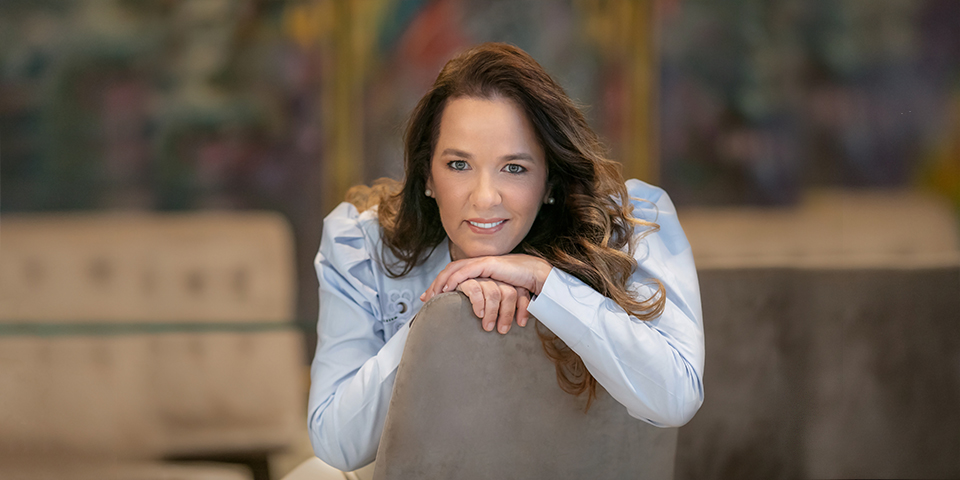
How is the stress and anxiety generated by the pandemic affecting the sexual lives of couples? 11-11-2020
By: Marjorie Ariza, M.A
How much did you long to be with your partner 24/7? Do you remember? Many have wanted or fantasized about this idea, especially at the beginning of the relationship, and also when they thought about realizing coexistence.
This happened about 8 months ago, without prior notice or planning, and more importantly, it was imposed on us; we had no alternative. It wasn't those vacations that you expected so much outside your home to disconnect from daily routines; and in the case of those who have children, even rest and just look like a couple.
This new moment came loaded with an excessive form of many changes, with sometimes not so accurate information, uncertainty, fear of the possibility of becoming unemployed, and above all the doubt of being able to get sick, or of being able to lose one's life and loved ones in the process.
All this invited stress and anxiety to enter homes and relationships, and also to stay in a continuous and even permanent way
Let's start by understanding what stress is and its involvement in sexual function: "Stress is a biological and psychological response to a situation perceived as a threat. One of the brain substances involved in stress is the corticotrophin-releasing factor; this substance, among other things, inhibits sexual desire " explains, from the ‘chemistry‘, Francisca Molero, clinical sexologist and gynecologist co-director of the Institute of Sexology of Barcelona and president of the Spanish Federation of Societies of Sexology.
What happens naturally then as a result of this continuous stress that we are experiencing at the moment?
Our body focuses on activating the functions that will serve us to face the threat and those that are not necessary at that time will be inhibited; one of these is the desire for sex.
To which is added now, mostly confined in the domestic sphere, teleworking, or having been suspended from work, with children in many cases, and with alteration in family dynamics for these reasons. At what time of day do you rest? Do you take time for yourself and to feel desire?
The lack of a balance in the roles in our lives leads us again not to be so attentive to the frequency and sexual desire, since in moments like these we are in emergency mode, doing what is necessary to cope and survive this time of total uncertainty.
Knowing the above, I want to mention four fundamental aspects to take into account within a relationship so that they evaluate how their relationship is, and at the same time make the necessary adjustments to benefit from all the positive that arises when a couple is in harmony. The suggestions are mostly focused on what we currently live.
- Feelings How I feel about my partner and how I prove it to them.
What special attention can I have? How much do I appreciate their support? How much do I support my partner - Communication It allows us to be connected, to get to know each other better. Do you take the time to listen and talk to your partner?
Can you understand each other? Do you know how to float when there are differences between you? Do you have strategies that work for you? - Intimacy. Words, looks, touches, games, surprises, coitus...
- Fun. Ability to enjoy together, even when doing household chores, when one cooks and the other helps, when playing cards
Actually, in moments like the one we live in, sexual desire and frequency are being affected; that is why special attention is required by each of the members of the couple, to first reflect and evaluate themselves individually, then as a couple and thus be able to talk about it until making the necessary adjustments.
If you feel that you cannot be alone, I suggest you seek support with a therapist and sexuality.

